Latest from a Berkeley sensory lab: NBA basketball teams whose players touch each other more win more games. My San Antonio Spurs did seem to give each other record-breaking amounts of encouraging butt pats last season. The secret to winning? Surely not. But we do all hold some magic in our hands.
Last night I watched the season 3 finale of Call the Midwife. I will not spoil it, but one of my favorite midwifes (the tall, awkward one they call Chummy) is grappling with how to treat her dying mother. Chummy has never felt loved by her mum, but she persistently tries to gain her approval. She remains kind and patient, enduring snide remark after cruel criticism from her mama. When her mom asks her, while on her deathbed, for a manicure Chummy refuses. “I can’t touch her,” she explains to a sister in the convent. Chummy had been deprived of a mom’s warm touch for so long that she did not want to touch the cold hands of her source of insecurity. Eventually Chummy’s succumbs and give her mom the manicure. In turn her mom strokes Chummy’s cheek and their relationship begins to heal. The miraculous benefits of human touch…
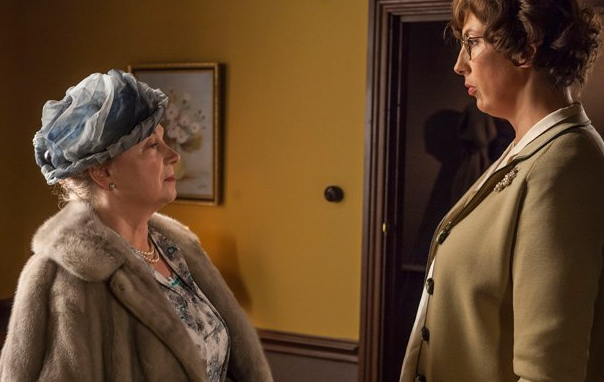 |
| Chummy with her insensitive mum |
The first article I read on human touch was from a 1988 edition of the New York Times. I know old, but not as old as me, so still relevant. The Experience of Touch explores various studies showing the effects of touch on mammals. I was moved by the excerpt below:
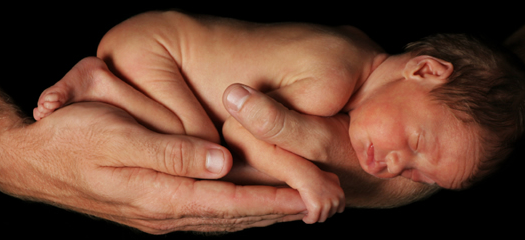 |
| Love how a tiny human naturally takes hold. |
I do not believe I touch people to literally hold their attention. I do it as a supplement to my words. As another form of communication. The emotion I think is most important is….I know, I’m supposed to say love, but I am kind of finding a loophole by saying compassion. How can you show compassion without first feeling love for that person? I think those are wrapped into a warm and fuzzy ball of understanding, sympathetic, proactive love.
compassion: a feeling of deep sympathy and sorrow for another who is stricken by misfortune, accompanied by a strong desire to alleviate the suffering.
My mom may be the number one compassioner (yes, it’s a noun now) in the world. She feels for people. Often times I think she feels more pain than those she is showing compassion. Her aptitude for caring, nurturing, and empathizing is limitless. I always knew my mom’s comforting, gentle back rubs were wiping away some of my pain.
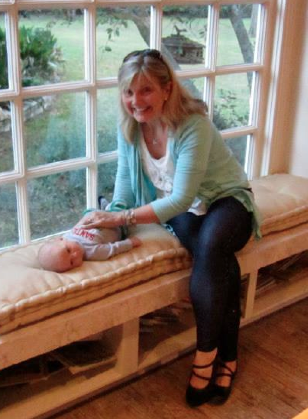 |
| Easton, the fortunate recipient of Mimi’s rubs
The sit-snuggle. My parents go-to. |
The above article also associates touch with safety. Last weekend at Disneyland I boarded the Indiana Jones ride with three of my favorite girlfriends. We were in the second row of Indiana’s Jeep. In the front seat sat two mamas with their two toddlers in between them. After a couple stomach drops and two minutes of stimulation only Disney could think up, we jolted to a halt. The two babies were hysterical. Their mamas shielded them from the world and held them close. Good luck trying to rid them of nightmares of that giant cobra coming at their faces and the cement ball almost crushing us all. But in all seriousness, there is nothing that could comfort that child more after that trauma than a good, firm hug.
Hugs. Aren’t they the best? Matt and I sure think so. There have been a few times when my cheerful husband gets home with melancholy eyes and the regular dimples missing from his cheeks. “I need a hug,” he’ll say. We hug and things get better. It’s medicinal, no doubt. One second of touch is entirely different from a long embrace. Almost anything can be communicated in a hug. Not sure if I’ve ever given an angry hug, but maybe. Definitely reluctantly given a hug after being angry, so yes. I suppose it can be done.
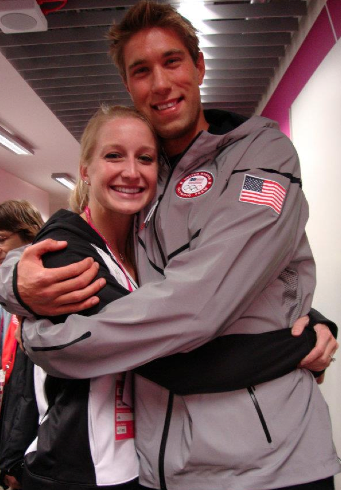 |
| Best hugger |
I love that we were masterfully designed by God to love and be loved. That we have anatomical responses to another human’s touch. That we can communicate through touch when words do not suffice. I will try to be sparing with my back pats and arms grabs if you cringe upon contact. Just know that you’re stunting your growth by refusing my touch. Kidding. Simply a disclaimer that my touch is never meant to make you feel uneasy. It’s meant to make you feel loved, because you are.
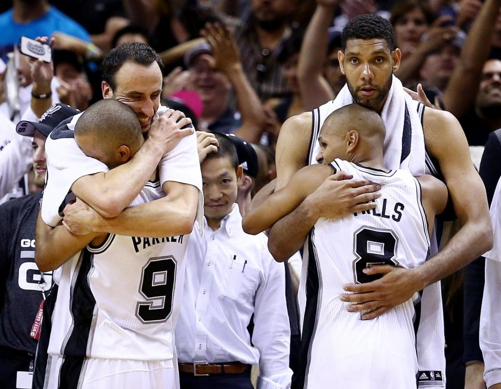
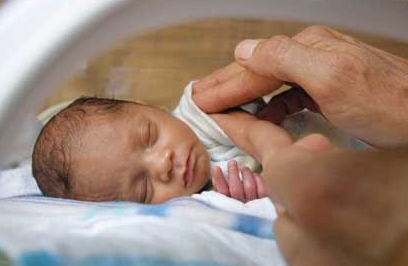
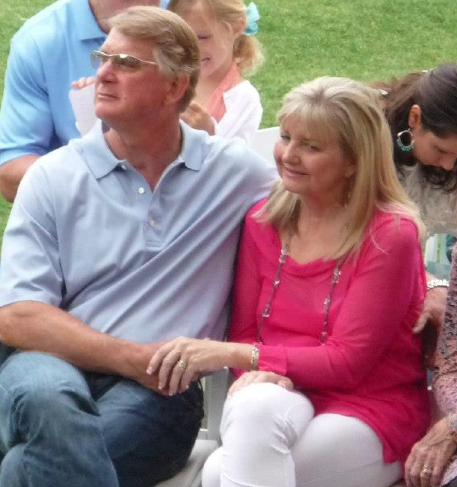



Comments
LOVE,LOVE,LOVE THIS!! HUG,HUG,KISS,KISS…..FROM YOUR TOUCHY AUNTIE!
Xoxo love this post and your bear hugs and kisses!